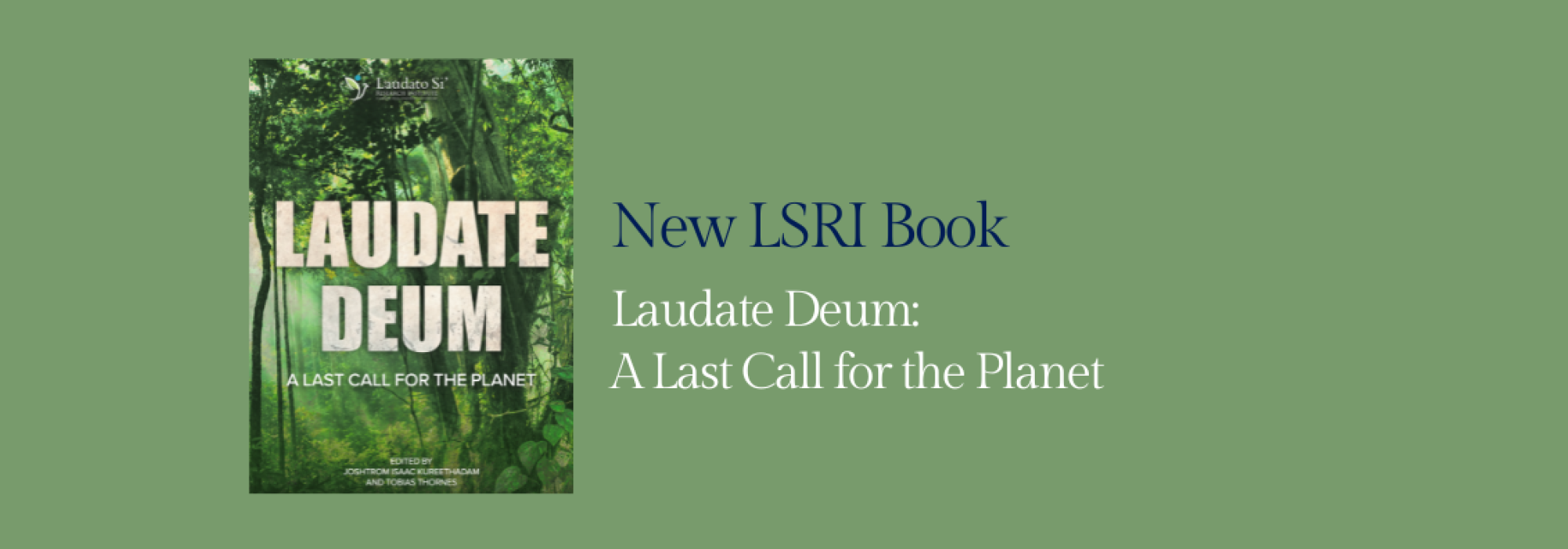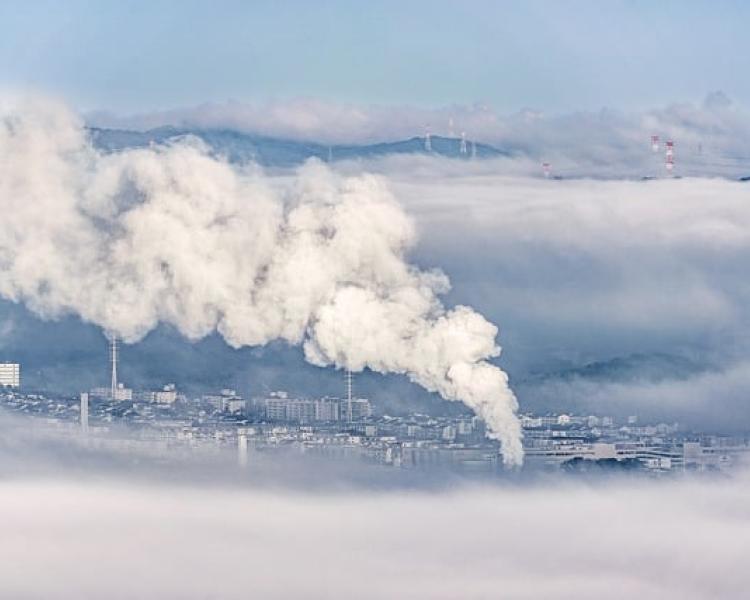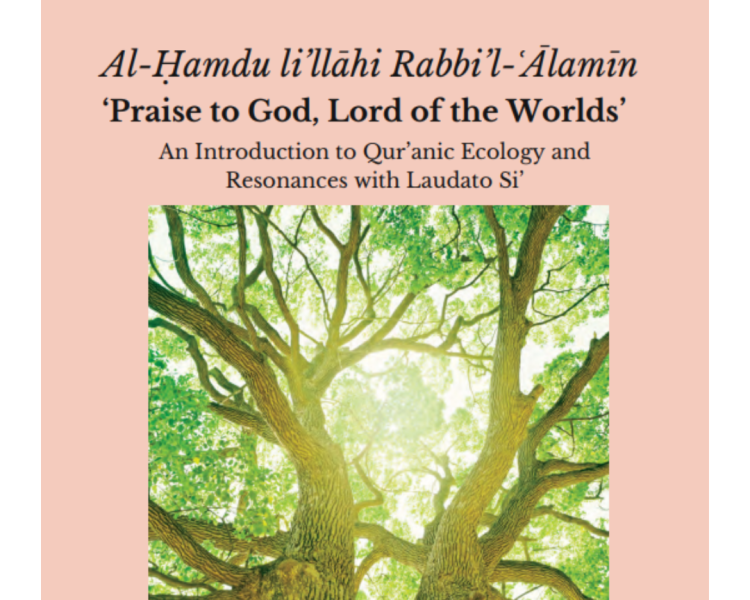Fr Josh, can you talk us through the process that has led to the creation of this book? Why now? Do you think more substantial engagement with Laudate Deum has been lacking?
First of all, there's the urgency that Pope Francis felt when he wrote Laudate Deum. We used the subtitle "A Last Call for the Planet?" because we were trying to capture the mind of Pope Francis. I remember, months before Laudate Deum came out, I received this impression from Pope Francis, indirectly talking with people: that he was getting discouraged about people's responses to Laudato Si'. So we tried to capture this question of urgency. And it's interesting, because in Laudate Deum, he speaks of the climate crisis. Consistently, he's been one of the first world leaders to speak of climate change as a crisis and an emergency. This is the tone we tried to capture.
The second thing, as you anticipated, is that we felt that Laudate Deum was not getting the attention it deserved, or that Pope Francis expected. Laudato Si' has been received as a remarkable contribution, and thanks be to God. But Laudate Deum... people found it more disturbing. Pope Francis really became a prophet crying out and saying the truth: our home is crumbling, and we have not acted sufficiently. That's the second reason we said: let's do something on Laudate Deum.
There is definitely a discomfort from people when reading Laudate Deum. In the book, you amplified Pope Francis' call and explored this discomfort. In your view, what is the most alarming manifestation of this "ongoing story of failure and inaction" from governments, businesses, individuals?
I'll start from what you said about discomfort. The biblical figure that comes to mind is Jeremiah, a prophet who created discomfort. That was the courage of Pope Francis: to say uncomfortable things, to speak the truth. I think he was in rare company, because we find very few world leaders doing that. Very few leaders are willing to speak the truth: uncomfortable as it is, an inconvenient truth. The situation now is very concerning: there is no strategised planning. Secondly, our cultural institutions have not responded. The climate strikes in the past years were led by children; we didn't find universities, intended as both student body and faculty. It's the faculty that should inspire students. That made me reflect: How come universities are not at the forefront? It shows our cultural institutions have failed to play their part, they have not been prophetic, nor have they inspired students.
Thirdly, mass media. You might find news when there are wildfires or floods, but not many are treating it as a real emergency or crisis. People have not got this message, because the messengers who can take the message to people are not made to speak. Sometimes I think of Noah, before the big flood comes, and I sometimes feel like that's what's happening. We just carry on. And the mass media has not really responded. And finally, the general public: it is we who are electing these politicians. It is we who are not changing our lifestyles, because we've been carrying on as usual. I am of course not blaming the majority of people, those living in poverty, but the world of consumers.
You mentioned the failure of institutions, so let's talk about our field, academia. How do you see the role of universities? How can they change things?
I'm convinced that the whole paradigm has to change. A paradigm is holistic, it has so many components: an academic, spiritual, cultural, economic component. Universities can really make a difference. Descartes, "modernity" — they prepared the way for the Industrial Revolution and really changed the way we relate to the world. Anthropocentrism, generating the Anthropocene (although I would always like to qualify that what we mean by "Anthropocene" is a small minority of the rich). The second problem is that the natural world has been reduced to mechanistic reality, and modern economy sees it like that. This is a dualistic metaphysics. What we need instead is a relational metaphysics, and that's where universities can play a role. We can offer a new vision, and action will follow the vision. A new economics, for example. We are the children of the economic paradigm of modernity, Adam Smith: environmental impacts are only external costs, etcetera. We need a new way of politics at the service of the common good. A new political vision, a new educational vision.
The key question is: what are we educating in our universities? I think the whole educational model has to change. Universities can bring change: a new cultural paradigm, a new economics, new politics, a new educational approach, a new theology, and overall a new metaphysics.






